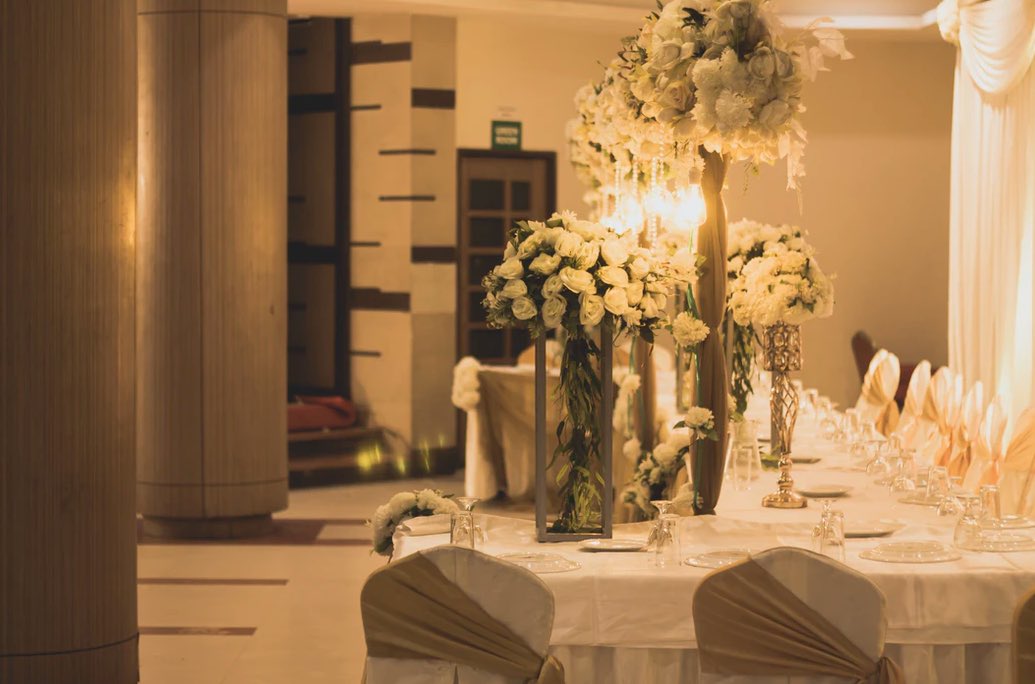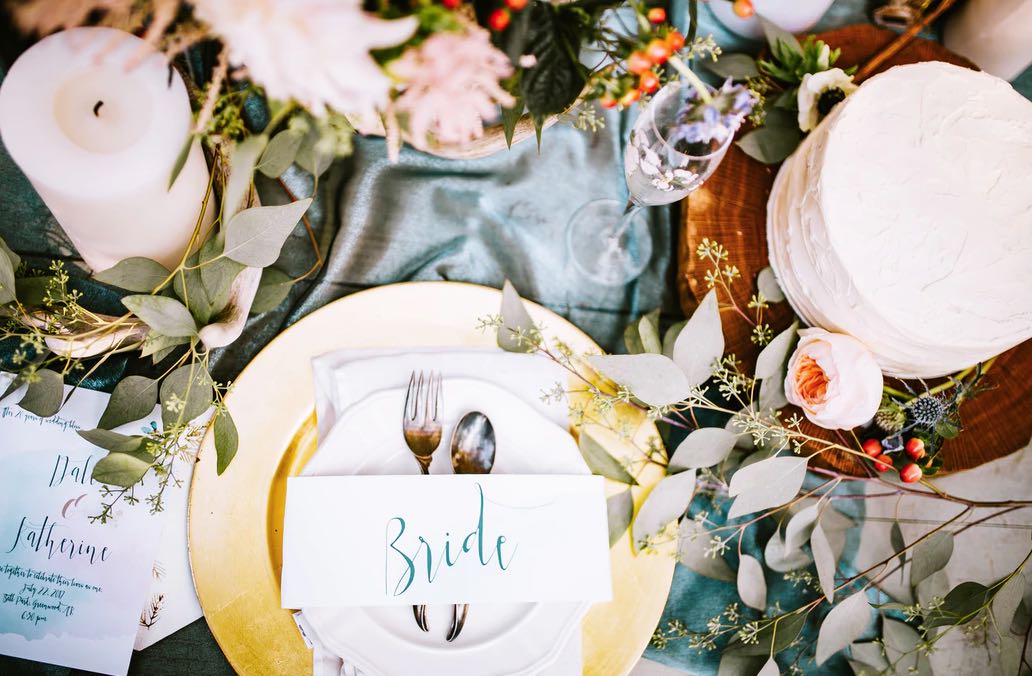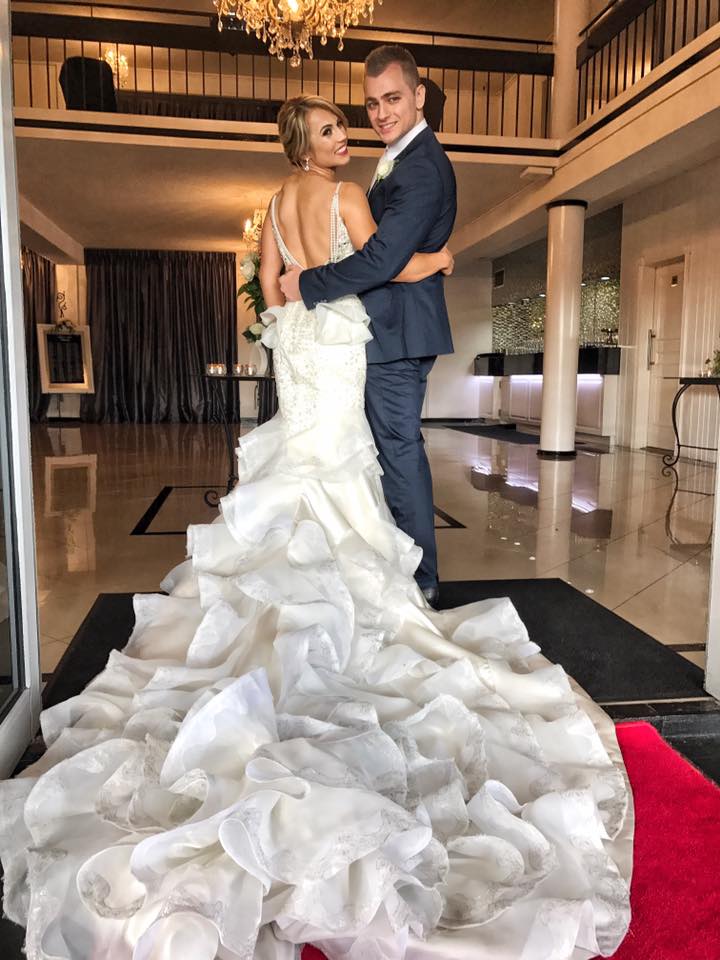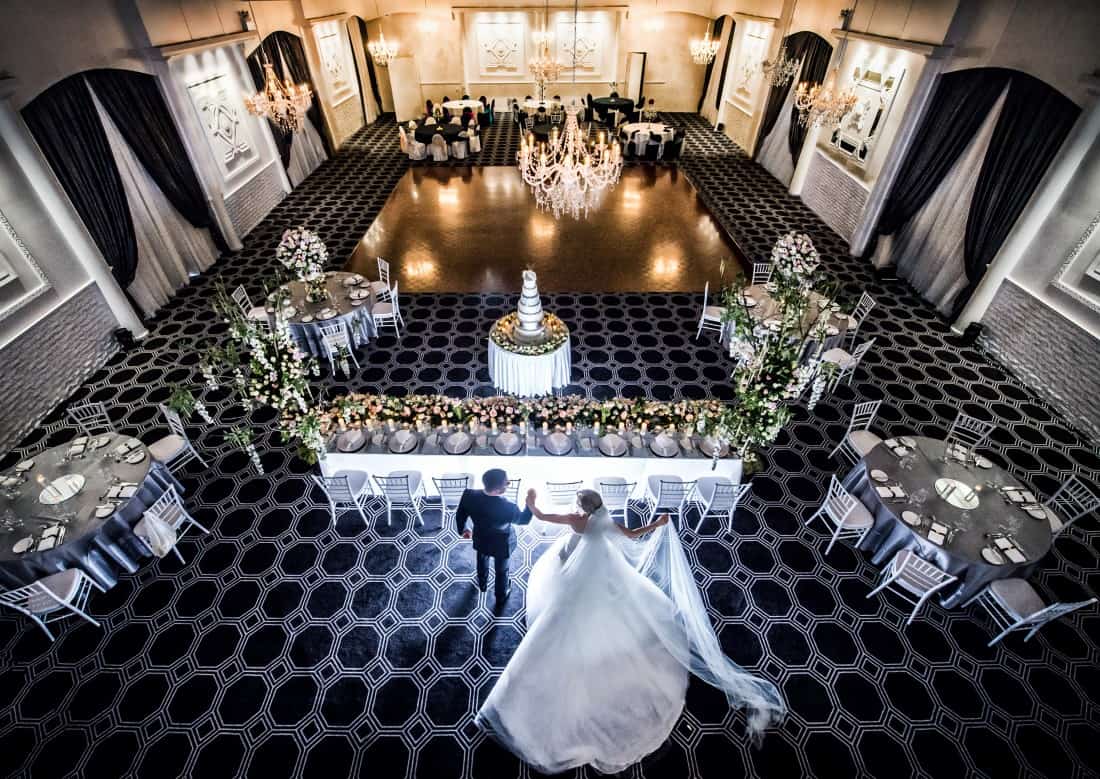The timing of events on your wedding day plays a pivotal role in ensuring that the celebration flows smoothly and everyone, including the couple, remains relaxed and happy. Every moment of the day is precious, and a well-structured timeline helps maintain the momentum of the celebration.
One of the most critical junctures is the transition between the wedding ceremony and the reception. The shift is typically seamless if these events occur at the same location. However, when they occur at different venues, careful planning is required to ensure that your guests are comfortable and entertained during the interim. A well-thought-out schedule keeps the day on track and enhances the overall experience for the couple and their guests.
Let’s Get Straight to the Point
Timing is important in wedding planning, especially for transitioning between the ceremony and reception. A 1 to 2-hour gap is ideal, allowing the couple time for photography, guest rest, and private moments. If the ceremony and reception are at different venues or there’s a longer break, clear communication and entertainment options for guests are essential.
Consider factors like travel time between venues and providing activities or pre-reception gatherings to keep guests engaged. Proper planning and communication ensure a smooth, enjoyable, and memorable wedding day.
Ideal Time Between Ceremony And Reception
1 To 2 Hours Is Ideal:
Usually, a 1 to 2-hour break between the ceremony and reception works well. This time frame allows for various essential activities without making guests feel rushed or leaving them with too much idle time. Here’s how this interval can be effectively used:
- Photography: During this time, you can have your professional photographs taken, capturing those special moments without the pressure of rushing. This also ensures you have stunning photos to look back on while your guests have a moment to relax and refresh.
- Rest for Guests: This break allows guests to freshen up, change into more comfortable attire if needed, or take a breather before the festivities continue.
- Private Time: You and your spouse can enjoy a few quiet moments together, perhaps a private meal, which can be incredibly special amidst the busy day.
Managing Longer Breaks
Considerations For Religious Ceremonies:
When planning a wedding that involves a religious ceremony, timing considerations become particularly important, as these ceremonies often come with traditions and schedules that may not be as flexible as those of civil ceremonies. Religious venues, such as churches, temples, or mosques, often have set times for services, which may mean that your ceremony occurs earlier in the day. For instance, if your religious wedding ceremony is scheduled for the morning, but your reception is planned for the evening, you face a significant gap between these key events.
This extended break requires careful planning to ensure guests remain comfortable, engaged, and entertained throughout the day. First and foremost, clear communication with your guests is essential. They should be informed well in advance about the timing of the day’s events so that they can plan accordingly. This can be done through detailed invitations, a wedding website, or even a welcome letter if you offer guests a package upon arrival.
Next, consider how to fill the hours between the ceremony and reception. You could provide guests with a list of nearby attractions, cafes, or parks where they can relax or explore. This is particularly useful if your wedding is in a location that might be unfamiliar to many guests, offering them a chance to see the sights or unwind. Additionally, organising a casual pre-reception gathering, such as drinks at a nearby hotel bar or a light lunch, can help bridge the time gap while maintaining the celebratory atmosphere.
For destination weddings, arranging a guided tour or group activity can add to the overall experience, making the wait enjoyable rather than inconvenient. Thoughtful planning for these in-between hours ensures that your wedding day remains cohesive, enjoyable, and memorable for everyone involved.
Inform Your Guests:
When there’s a significant gap, communication is key. Inform your guests well in advance about the schedule so they can plan their day accordingly. This can be done through several means:
- Reception Cards: Include a card with your invitations that outlines the day’s schedule, including the time gap.
- Wedding Website: Your website should provide detailed information about the day’s events, including recommendations for nearby activities, cafes, and attractions.
- Welcome Letters: If you’re offering a welcome package for guests, include a letter with suggestions on how they might spend their time between the ceremony and reception.
Handling The Break Between Ceremony And Reception
Location Matters:
A cocktail hour is an excellent way to fill the gap if your ceremony and reception are at the same venue. A cocktail hour usually lasts between 60 and 90 minutes, enough time to take wedding party photos while your guests enjoy drinks and light snacks.
Distance Between Venues:
It’s crucial to factor in travel time when your ceremony and reception are held at different locations. Guests should have enough time to move from one venue to another without feeling rushed. Allowing an hour to an hour and a half for this transition is sufficient. However, if the venues are far apart, you may need to extend this time.
- Example: If your ceremony concludes at 3:00 pm and your reception starts at 5:00 pm, with a 30-minute travel time between venues, guests will have an hour to relax and refresh. This timing ensures that they feel relaxed but are kept from having too much time on their hands.
Keeping Guests Entertained During The Break
Providing Entertainment:
Keeping your guests entertained and engaged is important if a longer break is unavoidable. Here are a few ways to ensure they have a pleasant experience:
- Suggestions for Activities: Provide guests with a list of local attractions, cafes, and shops. This can be included in a welcome package or shared on your wedding website. If you’re in a city with notable landmarks or interesting sights, your guests might appreciate the opportunity to explore.
- Pre-Reception Gatherings: Consider organising a small pre-reception gathering. This could be something as simple as drinks at a nearby hotel bar or a casual get-together in a garden area. This gives guests a chance to mingle and keeps the celebratory atmosphere alive.
- Tourist Activities: For destination weddings or weddings in a location new to many of your guests, organising a short guided tour or suggesting a visit to a nearby attraction can be a great way to fill the time. This not only entertains your guests but also makes their experience more memorable.
Example Wedding Day Timetables
Civil Ceremony Timetable:
- Noon: The Groom arrives at the venue.
- 12:15 pm: Guests begin arriving at the venue.
- 12:40 pm: The Groom meets with the registrar.
- 12:50 pm: The Bride meets with the registrar.
- 1:00 pm: The Civil Ceremony begins.
- 1:30 pm: Photography session and appetisers.
- 3:00 pm: Receiving line (optional).
- 3:30 pm: Speeches and Wedding Breakfast.
- 6:00 pm: Cake cutting and room turnaround.
- 7:00 pm: Evening reception guests arrive.
- 7:30 pm: First dance.
- 9:00 pm: Evening catering is served.
- Midnight: End of the reception.
Church Ceremony Timetable:
- 12:30 pm: The Groom and guests arrive at the church.
- 12:45 pm: The Mother of the Bride and Bridesmaids arrive.
- 12:55 pm: The Bride arrives.
- 1:00 pm: The Wedding Service begins.
- 1:45 pm: Photographs outside the church.
- 2:10 pm: Guests travel to the reception venue.
- 2:20 pm: Picture taking, appetisers, and cocktails.
- 3:50 pm: Receiving line.
- 4:20 pm: Wedding breakfast and speeches.
- 6:50 pm: Room turnaround (if needed).
- 7:45 pm: Evening reception guests arrive.
- 8:30 pm: Cake cutting and first dance.
- 9:00 pm: Evening catering is served.
- Midnight: End of the reception.
The timing of your wedding day, particularly the transition between the ceremony and the reception, is crucial to the overall success of your event. Aim for a break of 1 to 2 hours between these key moments to strike a balance between relaxation and engagement for your guests. If a longer break is necessary, thoughtful planning and clear communication will ensure your guests are entertained and comfortable.
Effective communication about the day’s schedule, providing entertainment options, and ensuring a smooth transition between events will make your guests happy and ready to celebrate with you. After all, a well-timed wedding day ensures that everything runs smoothly and allows everyone to enjoy the occasion, making your wedding day as memorable and joyful as possible.




